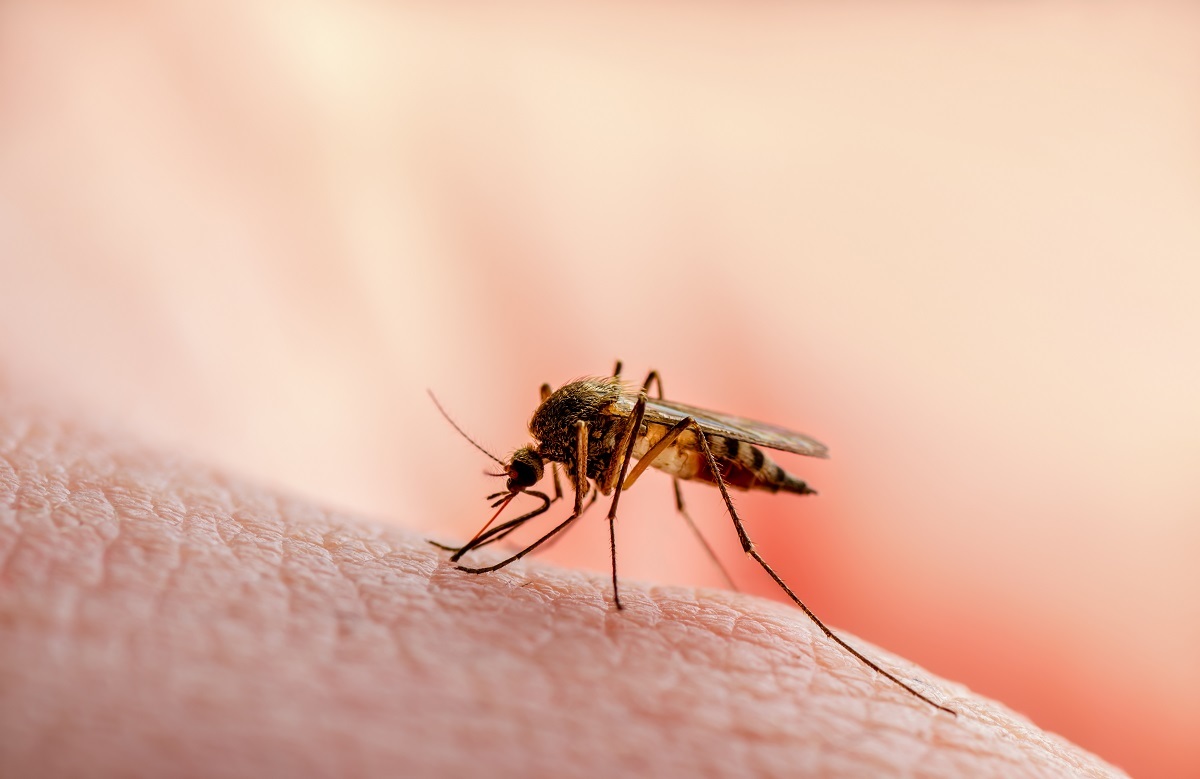
Massachusetts reports another EEE human case, horse tests positive too: ‘Prevent mosquito bites’
A second person has tested positive for the potentially fatal EEE disease in the Bay State, as health officials urge residents to use bug spray and take other steps to prevent mosquito bites.
The Massachusetts Department of Public Health on Thursday announced a second confirmed case of Eastern Equine Encephalitis in a human and a second case in a horse this year.
The human case is a woman in her 30s who was exposed to EEE in Plymouth County. The horse was also infected in Plymouth County — in an area that was aerial sprayed for mosquitos earlier this week.
The woman and horse were both exposed before spraying was done this week.
“This evidence of the spread of EEE to a person and a horse in Plymouth County before aerial spraying confirms risk in the area,” said Public Health Commissioner Robbie Goldstein.
“We expect that the aerial spraying will help prevent risk for EEE from continuing to escalate in the area, but it does not eliminate it completely,” Goldstein added. “We are asking people to be consistent about taking steps to prevent mosquito bites.”
EEE is a rare but serious and potentially fatal disease that can affect people of all ages. EEE is generally spread to humans through the bite of an infected mosquito.
The first human infection with EEE virus this year was a male in his 80s exposed in southern Worcester County.
Earlier this week, New Hampshire officials announced that a person in Hampstead, near the Massachusetts border, had died from EEE.
Related Articles
EEE death in New Hampshire as region faces outbreak
Massachusetts will start mosquito spraying due to EEE outbreak: Which communities are in the spray zone?
State plans to conduct wide mosquito spraying in Plymouth, Worcester counties amid EEE outbreak risk
Massachusetts town with state’s first EEE human case since 2020 urges sports to move indoors
Massachusetts reports first West Nile virus human case, first EEE animal case this year
“EEE risk does not end on Labor Day,” said State Epidemiologist Catherine M. Brown. “People should continue to use a mosquito repellent with an EPA-registered active ingredient any time they are outdoors.
“As the weather gets cooler it will be easier to wear long sleeves and pants to reduce exposed skin,” Brown added. “We continue to strongly advise that individuals in areas where EEE risk is at high and critical levels reschedule evening outdoor events to avoid peak mosquito biting hours.”
The hours from dusk to dawn are peak biting times for many mosquitoes. Consider rescheduling outdoor activities that occur during evening or early morning in areas of high risk.
Wearing long sleeves, long pants and socks when outdoors will help keep mosquitoes away from your skin.


